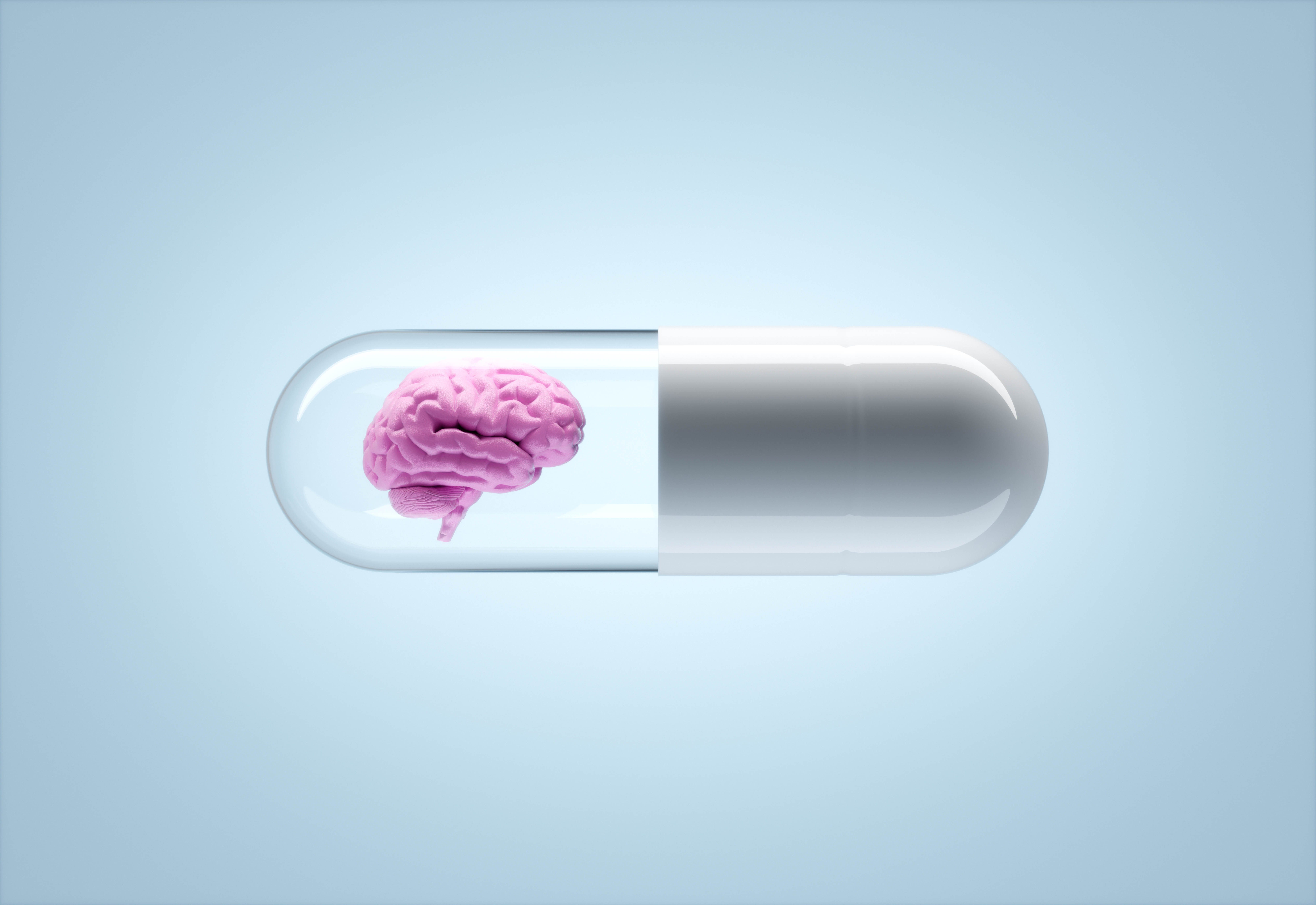The Shocking Truth About How Long Alcohol Lurks in Your Body—And Why It Matters More Than You Think
Alright, picture this: you’ve had a few too many drinks, and the next morning, your head is pounding like a bass drum at a rock concert. We’ve all been there—and let’s be honest, it’s no picnic. But here’s the real kicker: beyond that gnarly hangover, what’s actually happening inside your body when you toss back those cocktails? Ever wondered how your liver handles the booze blitz or why one glass of wine can sometimes feel way stronger than another? Whether you’re the occasional party animal or the weekday sipper, it’s worth knowing how your drinking habits might be whispering—or shouting—warnings about your long-term health. Trust me, the effects go way beyond just feeling rough the next day. The science behind alcohol metabolism, the enzymes at play, and how your unique genetics influence all this is pretty wild stuff—and it might just nudge you to rethink that extra round. Ready to dive in and get the lowdown on how booze travels through your body and how long it lingers? You might be surprised at what you find out. LEARN MORE
Let’s face it: We all know that drinking copious amounts of alcohol isn’t healthy or good for the body for a lot of reasons. Whether you have a little too much fun a few times a year and totally feel it the next morning, or you indulge in a few drinks during the week with minimal effects at all, you may be curious as to what your habits mean for your long-term health.
Too many alcoholic drinks doesn’t just contribute to not-fun next-day effects like a raging hangover. According to the Centers for Disease Control and Prevention, excessive alcohol use can not only lead to alcohol abuse or dependence, it can also increase your chances of developing chronic conditions, including high blood pressure, heart disease, stroke, certain cancers, liver disease and digestive issues, as well as a weakened immune system. It’s also tied to mental health conditions like depression and anxiety.
Also, ignore the myth that your body recognizes different liquors differently. Your liver doesn’t register a glass of wine any differently from a mixed cocktail—it only processes alcohol. If one drink has a higher ABV than the other, your liver will have to work harder.
Both the short-term and long-term effects of drinking too much are likely enough to make you want to get your habits in check and get a better handle on what your limits are or should be. Here, a physician breaks down the alcohol metabolism process and how booze can be detected in your body.
How alcohol is metabolized by body
Alcohol metabolism is partially based on a person’s individual alcohol use habits as well as their genetic makeup, says Suneet Singh, MD, an emergency room physician and medical director of CareHive Health in Austin, Texas.
According to Dr. Singh, the vast majority of the alcohol you drink is metabolized by your liver, while a very small amount is fully digested with no side effects.
“The path alcohol takes from consumption to elimination involves a metabolism process that first starts in the stomach where various enzymes begin the overall breakdown cycle,” he explains. “Most of the alcohol passes unaltered into the small intestine where absorption into the bloodstream takes place, and upon reaching the bloodstream, alcohol is predominantly transported to the liver where over 90% of its metabolism occurs.”
Once it reaches the liver, alcohol is is converted into a chemical called acetaldehyde, the substance responsible for the not-fun effects that can come with even small amounts of alcohol consumption, including headaches, nausea, and heart palpitations, explains Dr. Singh.
How long it takes to clear alcohol from your body
“Generally speaking, one standard drink (i.e. 12 ounces or one can of beer, 5 ounces or one glass of wine, or 1.5 ounces or one shot of 80-proof distilled spirits) peaks in the bloodstream about one hour after consumption,” he explains.
It takes about five half-lives to process and eliminate alcohol from your system completely, where the the half-life of alcohol tends to be about four to five hours, explains Dr. Singh. “In turn, it takes about a day for the body to fully clear one serving of alcohol.”
Thankfully, the physical symptoms of drinking alcohol and intoxication resolve much sooner than completion of the overall metabolism cycle, he says.
How long alcohol is detectable in your system
If you’re concerned about how much alcohol is in your system because you have to drive yourself home or have work the next day, genetic factors, enzyme levels, alcohol quantity, and alcohol strength all play a role, into other factors such as age, body mass, and overall health as well as how it’s being tested, Dr. Singh says.
In general, though, alcohol can be detected:
- In the blood for up to 12 hours
- On the breath for 12 to 24 hours
- In the urine for 12 to 72 hours
- In saliva for 12 to 48 hours, and
- In hair for up to 90 days
Everyone metabolizes alcohol differently
According to Dr. Singh, both genetic and environmental factors contribute to these levels of alcohol dehydrogenase (ADH) and aldehyde dehydrogenase (ALDH), two enzymes present in the liver that affect the rate of which your body metabolizes alcohol.
“Studies have shown that males tend to have higher amounts of ADH than females, and people who consume alcohol regularly tend to have lower amounts of ADH compared to those who drink less often,” he says. “Research has also demonstrated that around 35-40% of people of East Asian descent have lower amounts of the ALDH compared to other ethnicities.”
In short, the fewer alcohol metabolizing enzymes you have, the longer it takes for your body to metabolize alcohol—as well as more physical symptoms like nausea and headaches.
How much you drink and how strong your alcohol of choice is also plays a role in metabolism and enzyme levels, with higher amounts unsurprisingly contributing to longer processing times, Dr. Singh says.
The bottom line: How long it takes alcohol to clear your system, as well as how it can affect you physically, can easily vary by person. Take note of how you tend to feel after drinking any amount of alcohol and take steps to avoid those undesirable short-term effects, as well as the long-term effects that can come with too much alcohol consumption.

Emilia Benton is a Houston-based freelance writer and editor. In addition to Runner’s World, she has contributed health, fitness and wellness content to Women’s Health, SELF, Prevention, Healthline, and the Houston Chronicle, among other publications. She is also an 11-time marathoner, a USATF Level 1-certified running coach, and an avid traveler.




















Post Comment